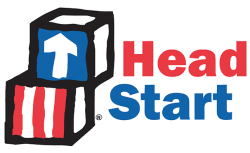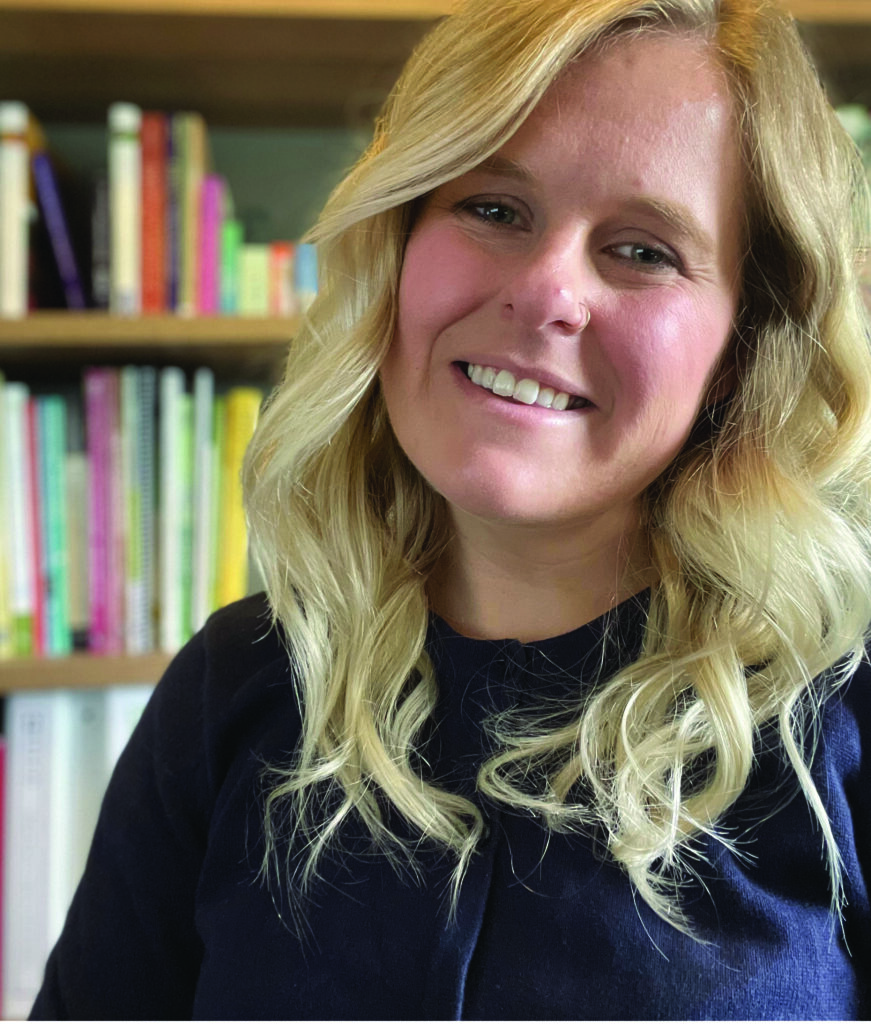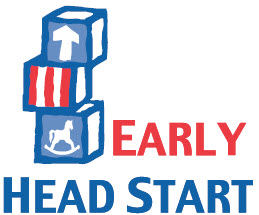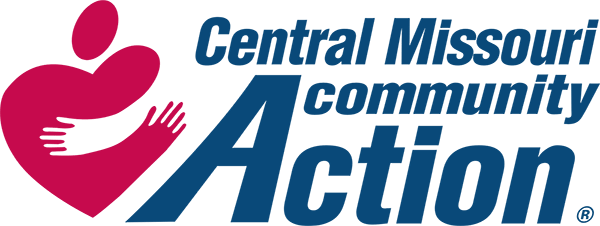Give Your Child a Head Start
Head Start staff members offer your child love, acceptance, understanding, and the opportunity to learn and experience success. Head Start children socialize with others, solve problems, and have experiences which help them become self-confident. The children also improve their listening and speaking skills. The children spend time in stimulating settings where they form good habits and enjoy playing with toys and working on tasks with classmates. Your child will leave Head Start more prepared for kindergarten, excited about learning, and ready to succeed.

Head Start Improved My Life!

“Everything I learned during my time in Head Start helped me as I grew up. I am and always will be a huge fan and supporter of the Head Start program.”
-Tyler Reike
Tyler Rieke’s first memory of attending Head Start was a trip to the dentist.
“I remember that we got to go across the street from our Head Start center and have our teeth checked and then choose a prize from the treasure chest,” says Tyler.
Growing up as an only child in a single-parent household, Tyler began attending Head Start after her mom and stepdad divorced. Her grandmother worked as a Head Start teacher for the Missouri Community Action of the Ozarks and helped her mom enroll Tyler in Head Start.
“Head Start improved my life,” says Tyler. “I attended the morning session of a half-day program in Cuba, MO. At Head Start, I learned about the concept of community. Our teachers would assign us to be lunch helpers or toy helpers and I took pride in fulfilling my responsibilities in these roles.”
While most of the children attending Head Start come from low-income homes, Tyler says she never felt like the Head Start program was for low-income kids. She recalls the experience as empowering and vital to her success in later life.
“Head Start is a high-quality program,” says Tyler. “In the program, we enjoyed field trips to local venues, healthy meals, opportunities to build good friendships, and a learning environment accessible to children of all abilities, cultural backgrounds, and economic statuses”.
Graduation from Head Start is a special memory for Tyler.
“The teachers made a big deal when we graduated from Head Start,” says Tyler. “Each child got to wear a graduation cap and gown, and families attended to celebrate the occasion. The experience was special.”
Head Start made attending preschool possible for Tyler. She credits the program for her future success in school.
After graduating high school, Tyler attended Stephens College, where she earned a Bachelor’s Degree in Psychology and Business.
While an undergraduate student, Tyler recalls visiting her hometown Head Start to help deliver a lesson on recycling to the children there. Seeing the children respond positively to the opportunity to learn invigorated Tyler’s appreciation of the program. When she returned to Stephens, she helped her sorority organize a stuffed animal drive. The toys were donated to local Head Starts in Columbia for a reading buddy program.
After earning her undergraduate degree, Tyler went on to earn two Master’s degrees. She earned a Master’s in Business Administration (MBA) from Stephens College and a Master’s in Education (M.Ed.) from Lincoln University.
Today, Tyler is the executive director for the Coalition Against Rape and Domestic Violence (CARDV) in Fulton, MO. She credits her days as a Head Start kid in helping her to choose a career serving people in her community.
“Everything I learned during my time in Head Start helped me as I grew up,” Tyler says. “I am and always will be a huge fan and supporter of the Head Start program.”
Benefits of Head Start
Education
Children are exposed to a variety of developmentally, age-appropriate activities through participation in a research-based curriculum. Children participate in a variety of activities that include: language, fine motor skills, gross motor skills, self-help, and problem-solving.
Health
Each child receives comprehensive health screenings and physical and dental examinations. Appropriate follow-up is monitored as needed. Training for staff and families is also provided.
Nutrition
Children participate in nutrition experiences and are encouraged to try new foods that are balanced and served in a family-style setting. Nutrition training, counseling, and referrals are available for parents.
Social Services
Families are recruited by staff for the program and assist in identifying their strengths and goals. This component also promotes community support through agency collaboration to meet the needs of children.
Disabilities/Transition
Referrals are made for services and agency collaboration is common. Transitional activities provide for families entering Head Start and those children moving on to kindergarten.
Early Head Start
Early Head Start provides early, continuous, intensive, and comprehensive child development and family support services to low-income infants and toddlers under the age of three and their families, and pregnant women and their families.
Program Goals
- To provide safe and developmentally enriching caregiving that promotes the physical, cognitive, social, and emotional development of infants and toddlers, and prepares them for future growth and development.
- To support parents, both mothers and fathers, in their role as primary caregivers and teachers of their children.
- To support families in meeting personal goals and achieving self-sufficiency across a wide variety of domains.
- To mobilize communities and to provide the resources and environment necessary to ensure a comprehensive, integrated array of services and support for families.
- To ensure the provision of high-quality responsive services to families through the development of trained and caring staff.

